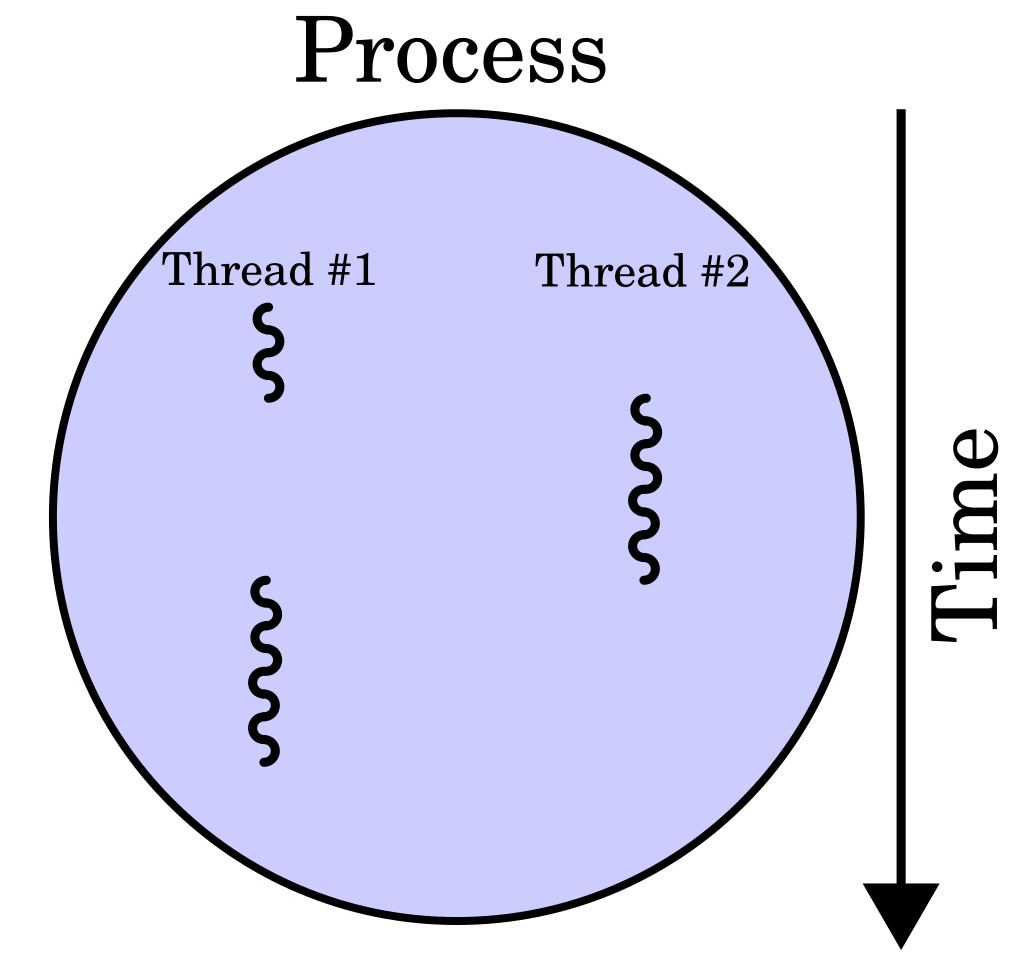Multithreading

277 views
Posted: 14 Jul 2021 (13:29)
Last Edited: 26 Jan 2025 (15:39)
main_user
@main_user

Tags
cpp data threading programming code